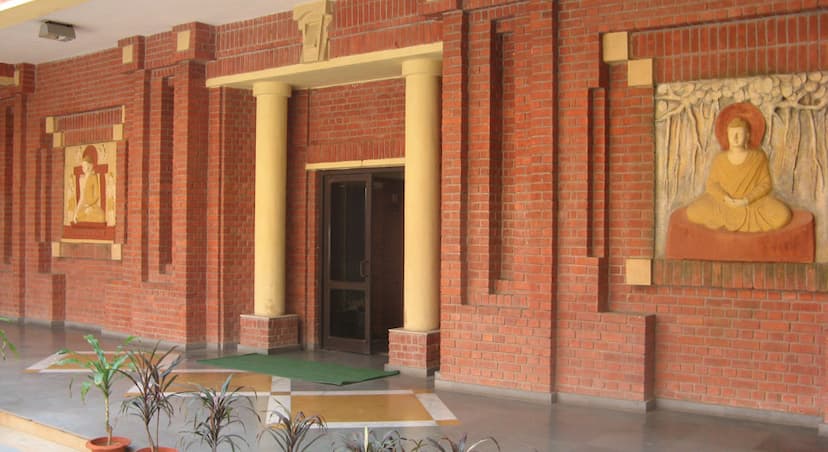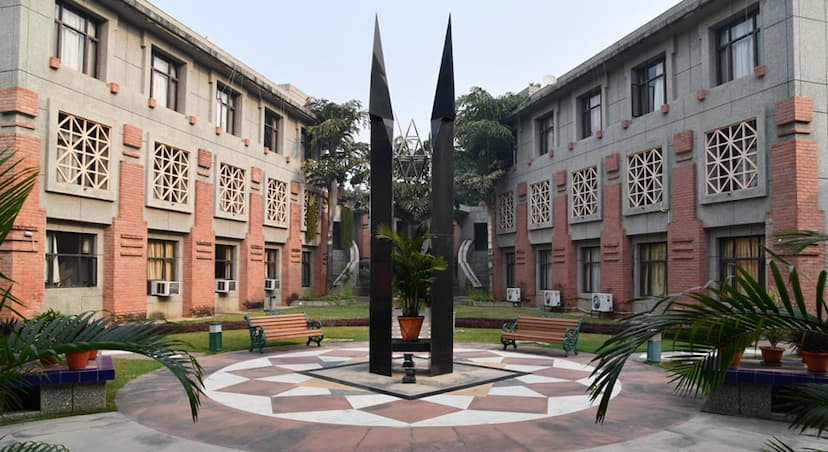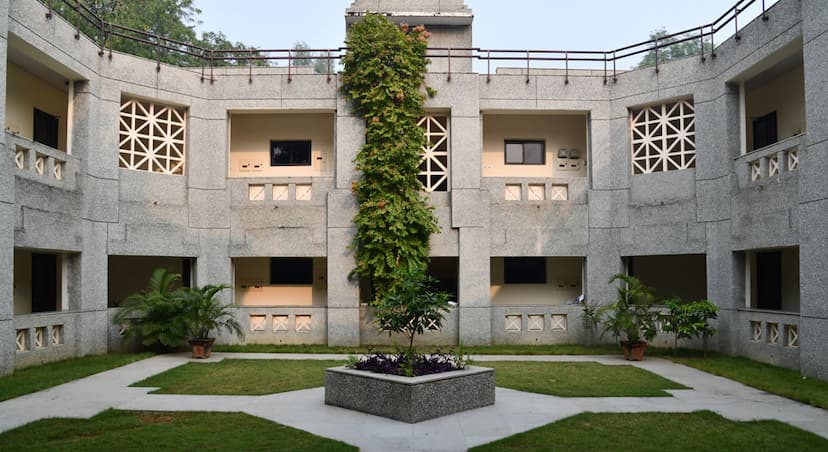IIM Lucknow faculty study underscores great role

IIM Lucknow faculty research shows that the expansion of non-carbon intensive lending can improve the core of loan portfolios of Indian banks.
The study provides compelling evidence that the banks which have greater proportion of green loans, experience long term improvements in financial stability.


Publishing
The findings of this study have been published in the prestigious Finance Research Letters journal, in a paper co-authored by Prof. Vikas Srivastava, ONGC Chair Professor, Prof. Sowmya Subramaniam, Associate Professor, Finance and Accounting, and Ms. Vidya Mahadevan, research scholar at IIM Lucknow.
Framework
Despite global initiatives to create uniform frameworks for green lending, there are significant gaps in providing incentives, particularly in developing economies such as India, say sources from IIM Lucknow.
Most Indian banks are heavily dependent on lending to carbon-intensive industries as there is no clear taxonomy to identify and promote green assets.

Designing framework
The IIM Lucknow study addresses this gap by designing a framework to identify noncarbon-intensive sectors and assessing their impact on the quality of the bank’s loan portfolio.
Banks
Additionally, for the first time, the study has ranked Indian banks based on the sustainability of their credit portfolios, with a specific focus on non-carbon-intensive loans, say sources from IIM Lucknow.
This evaluation provides valuable insights for shaping future credit allocation strategies, helping banks balance financial stability with sustainable growth.


By increasing lending to non-carbon-intensive sectors, banks can reduce default risks, align with global sustainability goals, and contribute to long-term economic resilience.
Standardization
Commenting on the study, the authors stated their attempt at standardisation of green loan taxonomy and finding that a critical mass of green asset lending is required for an optimised credit portfolio is a critical insight that can help the top management of banks to focus on this asset class as an opportunity to build sustained lending competences across their credit teams.
Our findings may help regulators to perhaps come out with appropriate regulatory nudges for bank, they said.

An optimized bank credit portfolio will go a long way to improve the competitiveness of Indian banking sector, they said.
Key findings
There are key findings in the study done by IIM Lucknow faculty. The main findings are mentioned below:
Green Lending Improve Loan Portfolio Quality: The research defines a non-linear, inverted U-shaped relationship between non-carbon-intensive lending and Non-Performing Loans (NPLs).
While the benefits may not be immediately apparent at lower levels of green lending, once a critical threshold is reached, the overall credit quality of banks improves significantly.
Need for Standardized Green Taxonomy and Regulatory Support: Despite global efforts to define green investments, India lacks a robust regulatory framework and green taxonomy parameters to guide banks in sustainable lending practices.
The study proposes a structured classification framework to categorise economic sectors based on their carbon intensity, facilitating banks with appropriate types of credit interventions.
Climate change
Considering the high-exposure to risks due to climate change and carbon-intensive industries, Indian banks must proactively modify and diversify the credit portfolios, say sources from IIM Lucknow.
While non-carbon-intensive lending offers a strategic opportunity to ensure sustainability, without any regulatory push, banks are suspected to face hurdles in adopting green lending practices.
This highlights the urgent need for policy interventions to achieve sustainable finance.

About IIM Lucknow
Indian Institute of Management Lucknow, established in 1984, is the fourth in the prestigious IIM family of management schools to be established in India after IIM Calcutta, IIM Ahmedabad, and IIM Bangalore.
In 2005, IIM Lucknow expanded its area of influence in the realm of management education by becoming the first IIM to set up a satellite campus exclusively for Executive Education at NOIDA in Delhi NCR region.
S Vishnu Sharmaa now works with collegechalo.com in the news team. His work involves writing articles related to the education sector in India with a keen focus on higher education issues. Journalism has always been a passion for him. He has more than 10 years of enriching experience with various media organizations like Eenadu, Webdunia, News Today, Infodea. He also has a strong interest in writing about defence and railway related issues.









